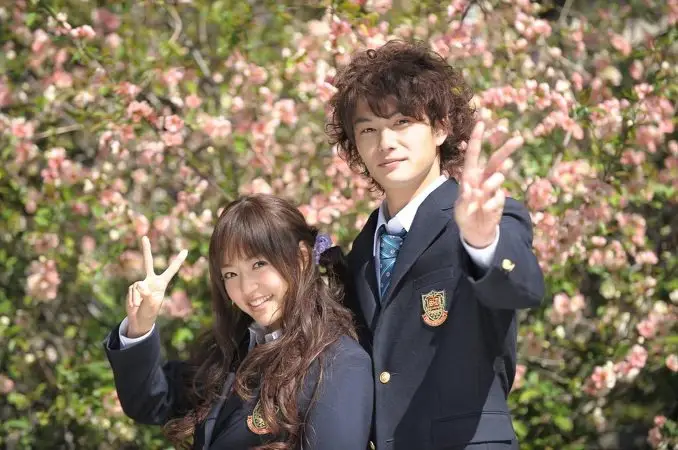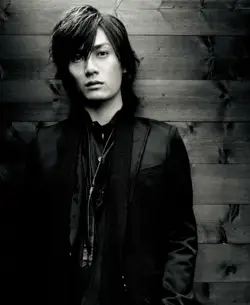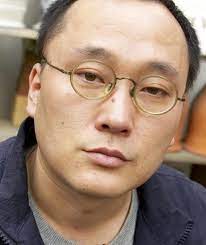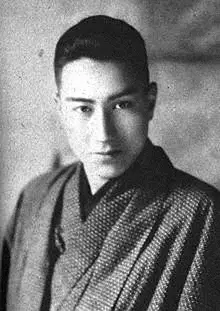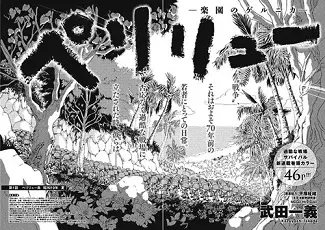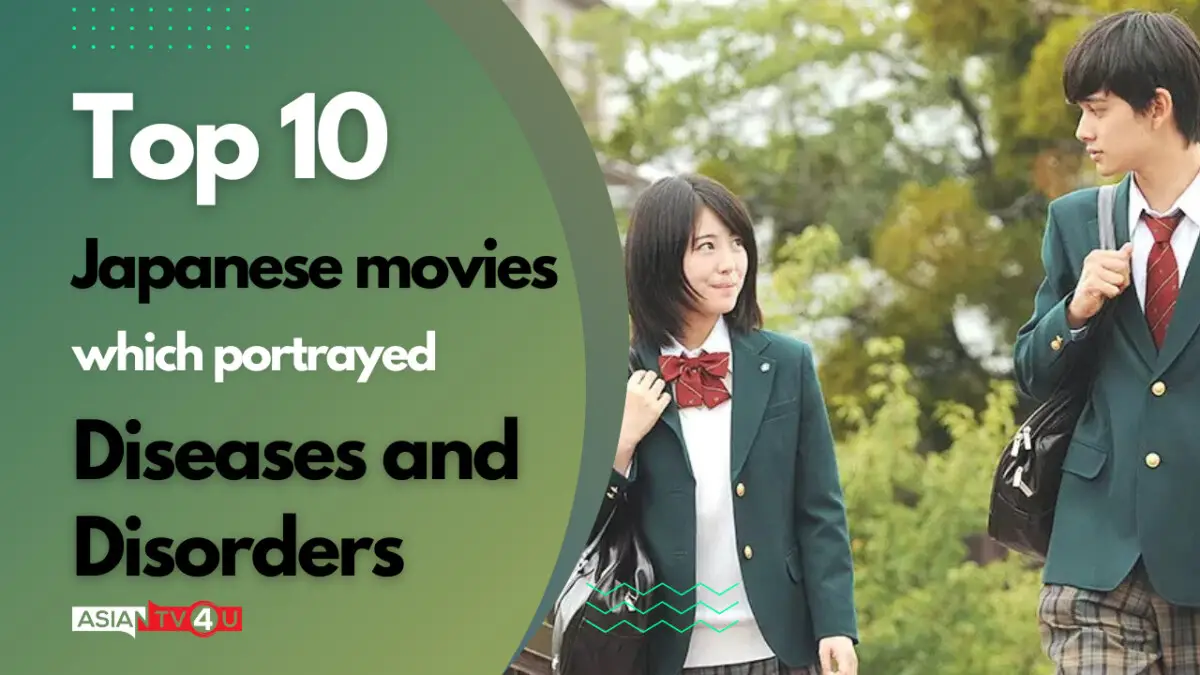
It is important for moviemakers to properly portray disease while doing so since many people watch movies and the wrong information could be believed by many. In this article, we are going to be talking about ten Japanese movies which dealt with diseases and disorders 0 Japanese Movies Which Portrayed Diseases And Disorders
1. Let Me Eat Your Pancreas
The narrative goes like this: I'm a high school student named Takumi Kitamura. I come into a journal written by my classmate Sakura Yamauchi (Minami Hamabe) that discloses she has pancreatic cancer. Sakura was someone I spent time with, but she died.
I (Shun Oguri) am now a high school teacher at the same school where I graduated 12 years later, thanks to Sakura's comments. While speaking with my student, I recall spending several months with Sakura. Meanwhile, Sakura's friend Kyoko (Keiko Kitagawa) is getting married. Kyoko also remembers her days with Sakura and me.
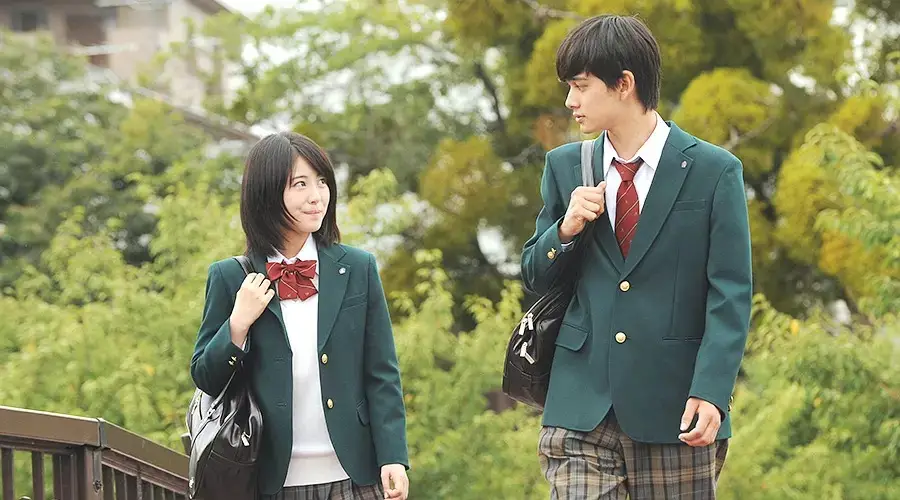
2. Mental
MENTAL is a feature-length documentary that follows patients, physicians, employees, volunteers, and home-helpers as they navigate the intricate world of an outpatient mental health clinic in Japan. The video overcomes a significant taboo in Japanese culture by capturing the frank lives of people dealing with suicidal thoughts, poverty, embarrassment, nervousness, and dread of society.

3. April Bride
A couple married at a chapel on April 5, 2007. It appeared to be a conventional wedding at first sight. The bride, on the other hand, was diagnosed with late-stage breast cancer and given barely a month to live.
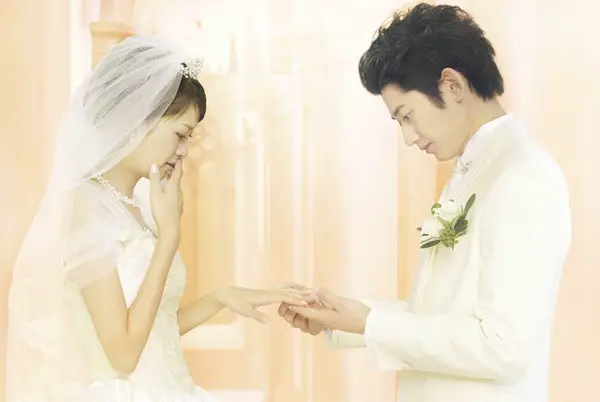
4. 1,778 Stories Of Me And My Wife
Sakutaro (Tsuyoshi Kusanagi) and Setsuko (Yuko Takeuchi), a science fiction writer, met during their summer break as high school freshmen. The couple has been together since that time and finally married.
Setsuko is admitted to the hospital one day with stomach pain. Sakutaro then discovers that his wife is suffering from colon cancer. Sakutaro follows his doctor's advice that laughing is good for the immune system and writes a short tale for his wife every day. Setsuko was only expected to survive for one more year, but she lasted for five more, and Sakutaro ended up writing 1,778 short stories for her.
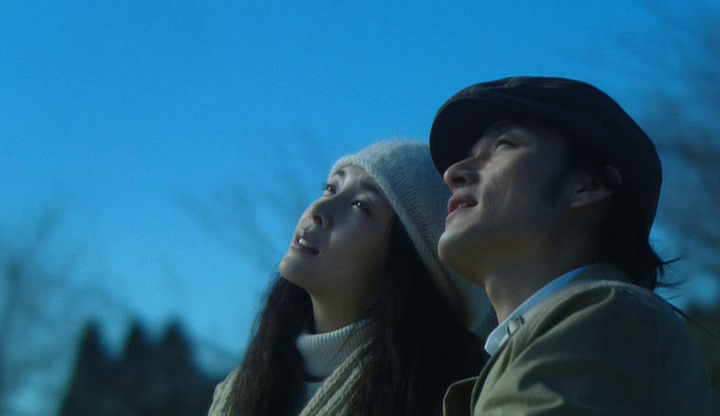
5. It's Only Talk
Yuko (Shinobu Terajima), a 35-year-old lady, suffers from bipolar disorder. She eats, drinks and explores the streets of Tokyo takes digital images for her blog and meets up with a number of guys, including a petite pervert, a baby yakuza, an old school buddy and his lovestruck pal, and her cruel, insensitive cousin. She ascribes the deaths of her parents, a friend, and (perhaps) a boyfriend to different natural and man-made catastrophes, but it's her sorrow that's catastrophic, leaving her feeling like "my nerves are full of static."
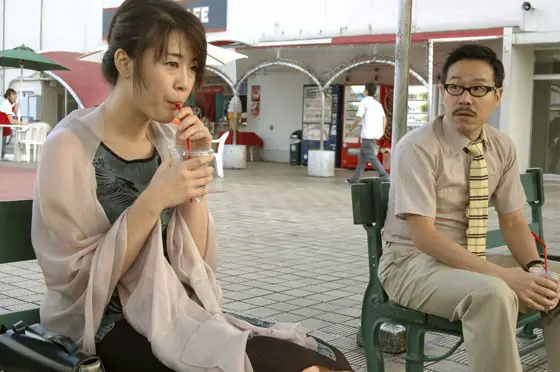
6. My So Has Got Depression
Mikio (Masato Sakai) is a happily married guy who puts in long hours at his job. Mikio is then diagnosed with depression one day. Haruko is Mikio's wife (Aoi Miyazaki). They've been together for five years. Haruko works as a comic artist, but her work does not sell well. Mikio was her major source of support. Haruko, on the other hand, had not seen any changes in her spouse. She starts blaming herself for not spotting any warning flags. Mikio's melancholy was caused by his job. His employer has been pressuring him to leave. Mikio's health improves as he quits his work, but their relationship dynamics shift.
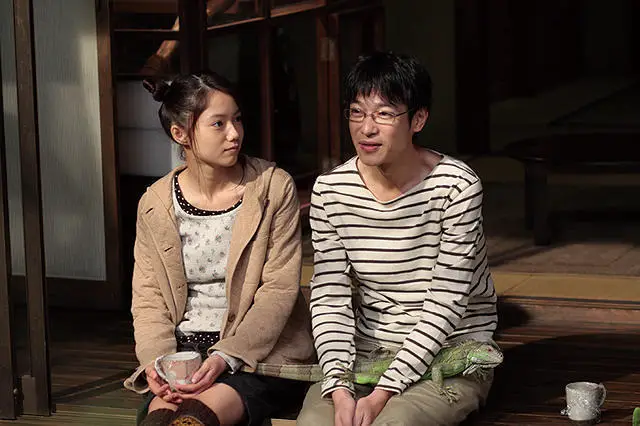
7. Memories Of Tomorrow
This year, Saeki, a sales manager at an advertising firm, turns 50. Everyone he works with loves and respects him because of his great leadership talents. He is suddenly stricken by a bodily ailment that begins to obstruct his job. He walks in for a routine examination, and the doctor diagnoses him with "Early Onset Alzheimer's disease," to his dismay. He and his wife, Emiko, are terrified and saddened by the fact that he would gradually but inevitably lose his memory. The pair are hoping that Saeki "will be able to work till [his] daughter's wedding" as they begin their struggle against the sickness. Nonetheless, the sickness slowly but steadily ruins his memory.
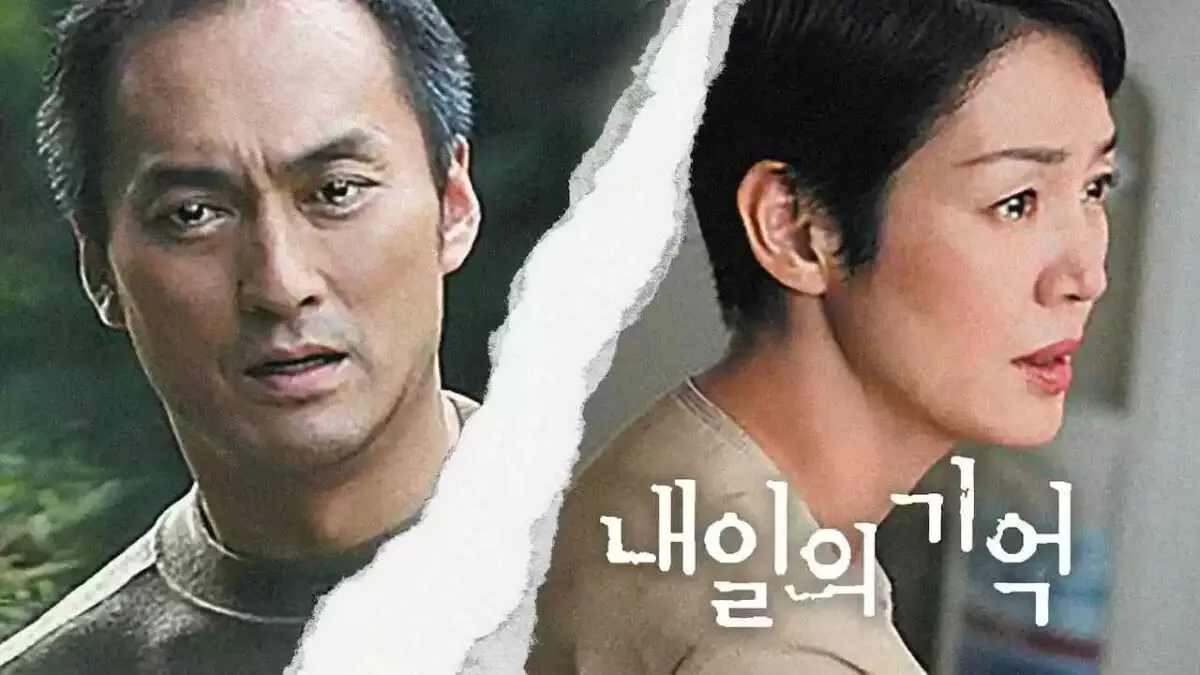
8. Life: Tears In Heaven
Follows the life of Natsuki Iijima, a Japanese windsurfer, as he battles and eventually succumbs to liver cancer. Natsuki was the first and only windsurfer to compete in the World Cup for eight straight years, and his diagnosis filled him with worry and panic. Despite this setback, he resolves to enjoy life to the fullest with the love and dedication of his wife Hiroko and four children, rather than prolonging his life with more medication.
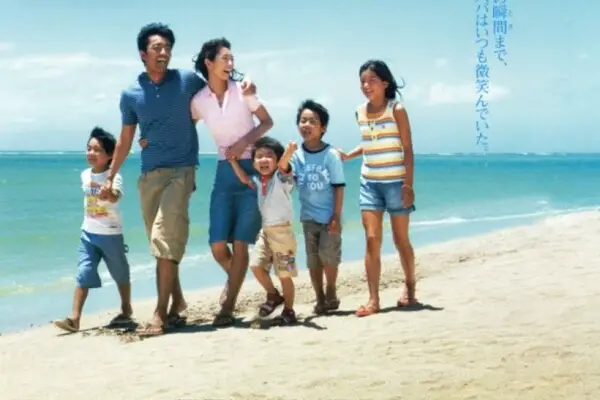
9. Welcome To The Quiet Room
Sakura Asuka (Yuki Uchida), a 28-year-old freelance writer, wakes up chained in a white room. A shielded chamber in a mental hospital's isolated ward is known as the white room. Sakura first went unconscious as a result of heavy drinking and a drug overdose. Because of her high risk of suicide, she is confined to a solitary room.
Sakura tried to communicate with the nurses and physicians, but everyone ignored her. Another patient, Miki (Yu Aoi), who suffers from an eating issue, helps her to comprehend the unfamiliar surroundings. Sakura, on the other hand, is seeking a method to return to the real world as quickly as possible.
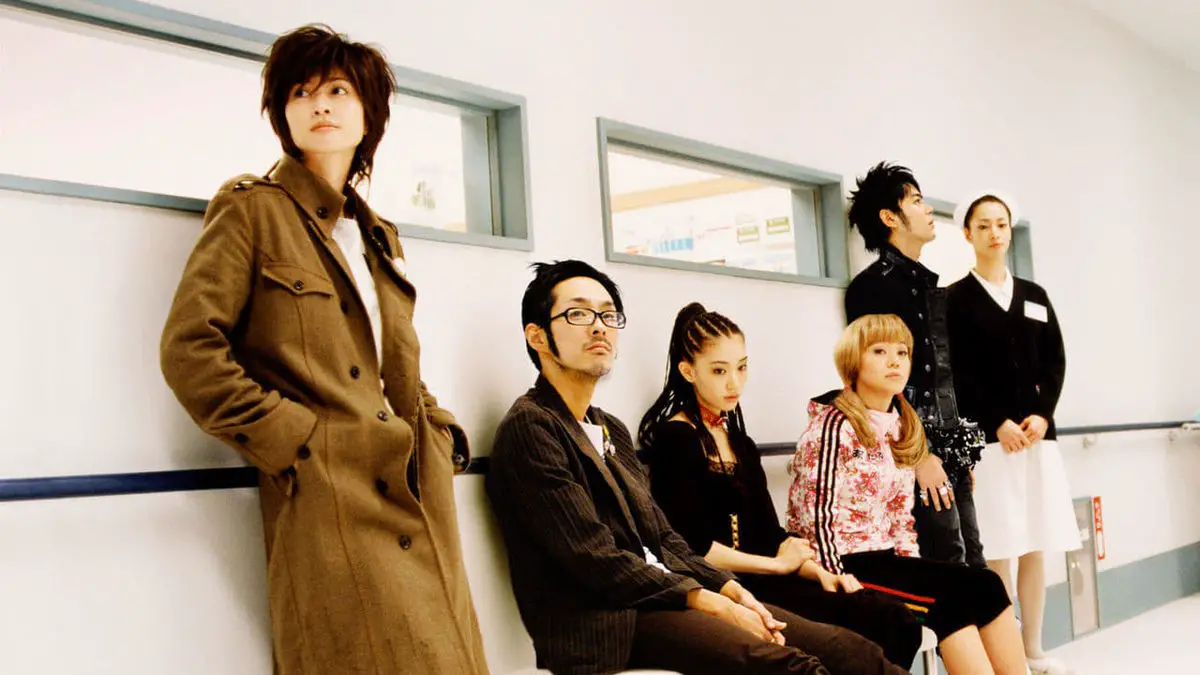
10. I Give My First Love To You
Mayu, a girl in love with Takuma, has been informed he would die before he becomes 20.
The narrative starts when they are little children. Mayu, whose father is a doctor, meets Takuma, who is being treated in the hospital where her father works. Mayu learns about Takuma's serious sickness and that he would die before he is 20, and they develop affection for one another. For an unknown future, the bewildered children make one pledge.
Takuma, who knows his days are short, pushes aside his love for Mayu and isolates himself from her as time passes and the girl grows into a young woman and the boy grows into a young man. He can't bear seeing her weep or hurt her any more than he has already.
